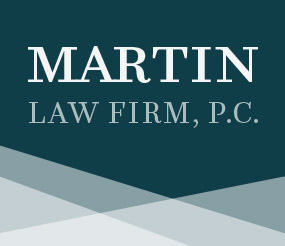Handling Real Property in a Decedent’s Estate
The personal representative of an estate (executor or administrator) has a legal duty to take custody and control of a decedent’s estate. He or she must identify the estate assets, protect the assets, value the assets, and then distribute the assets pursuant to the decedent’s last will and testament or Pennsylvania law. Assets include the […]
Handling Real Property in a Decedent’s Estate Read More »

